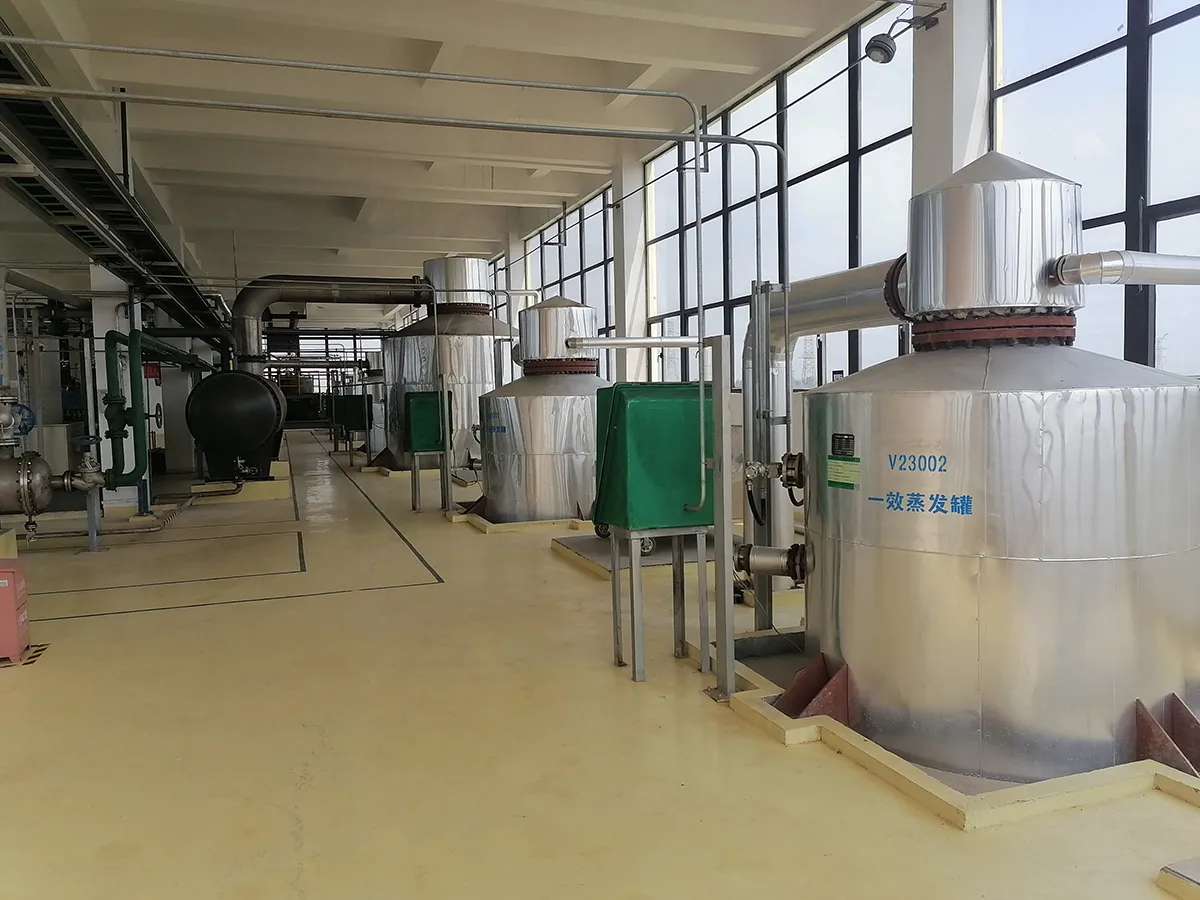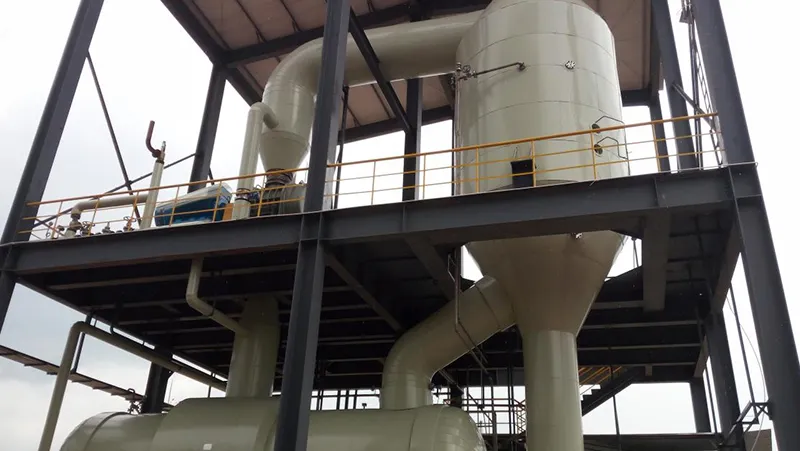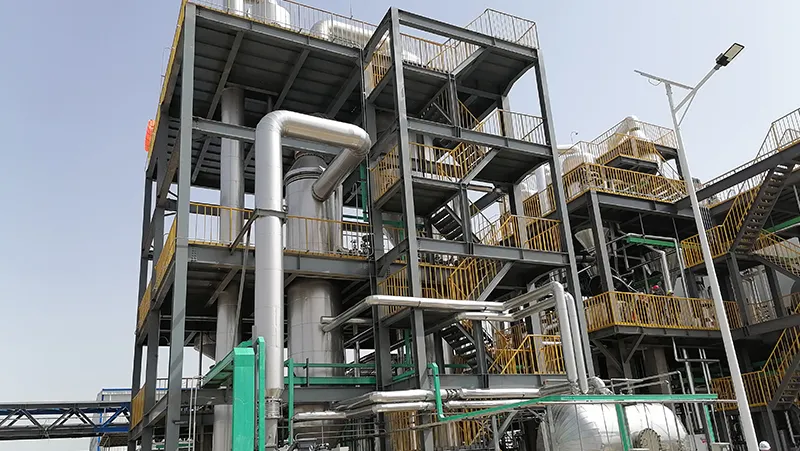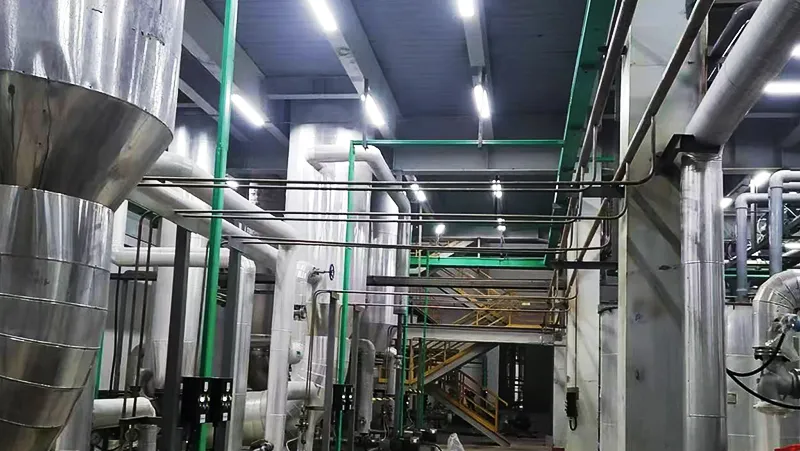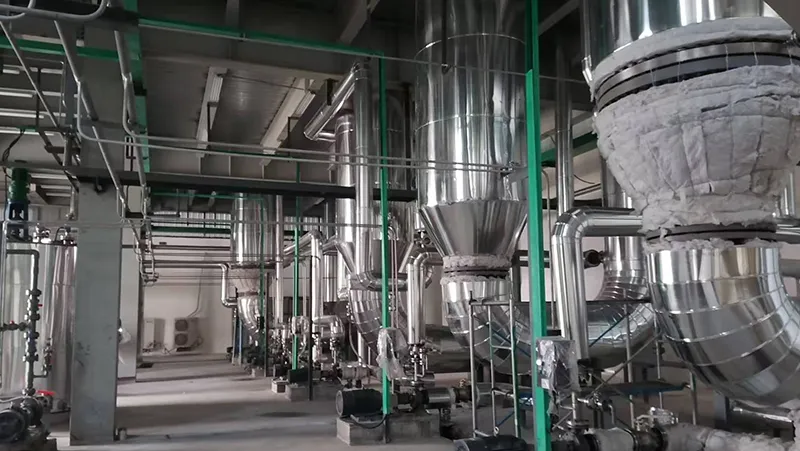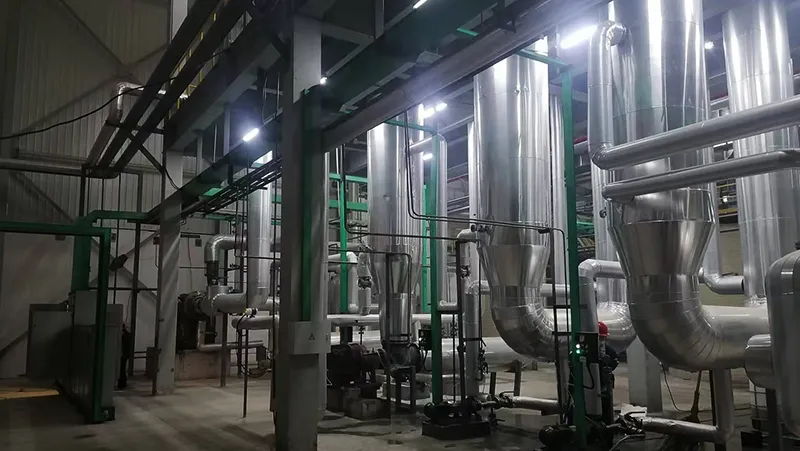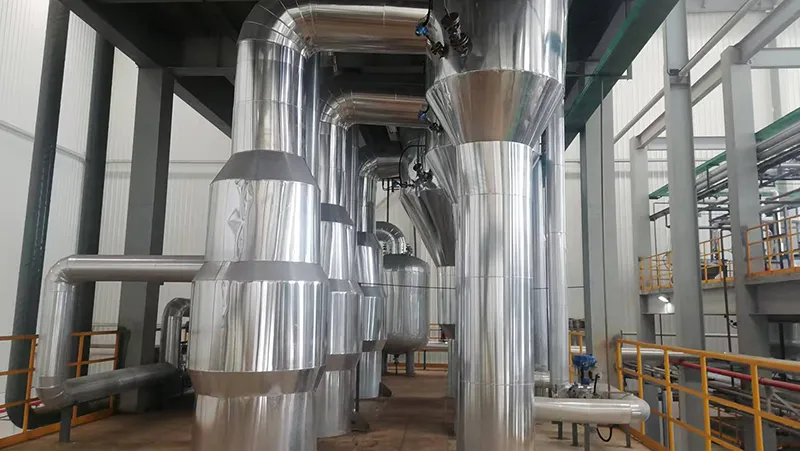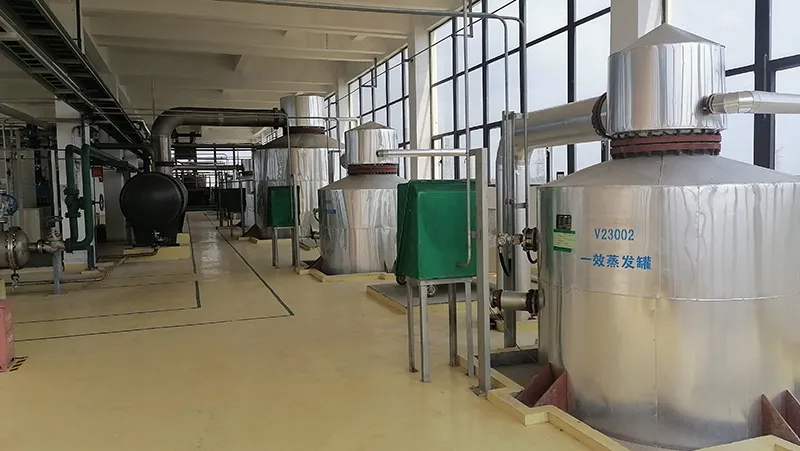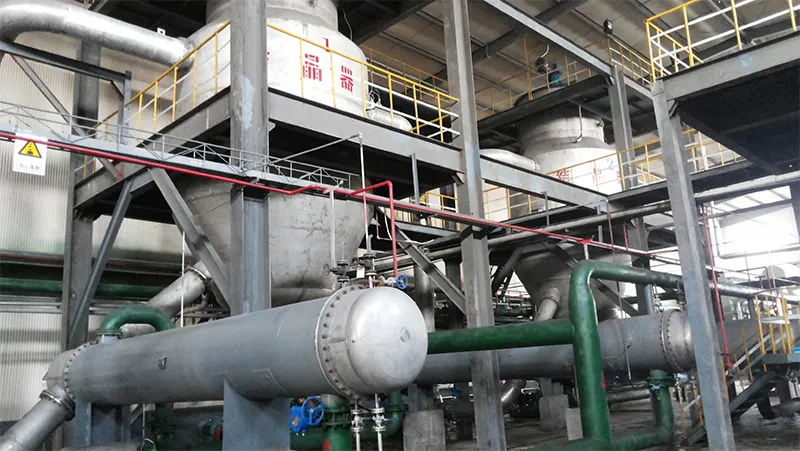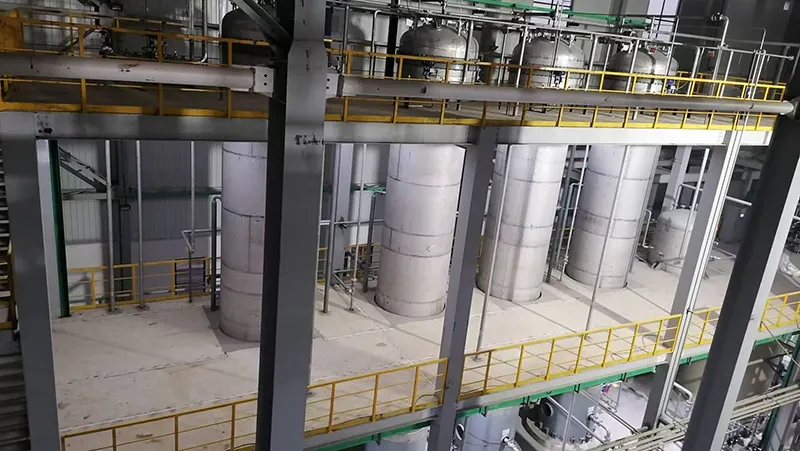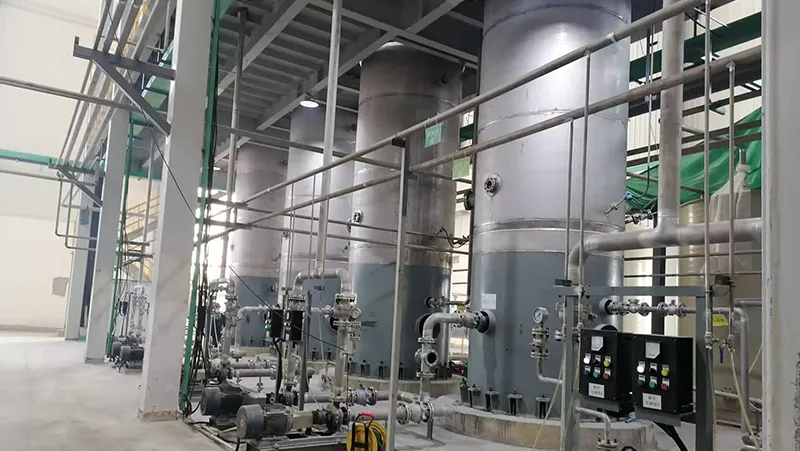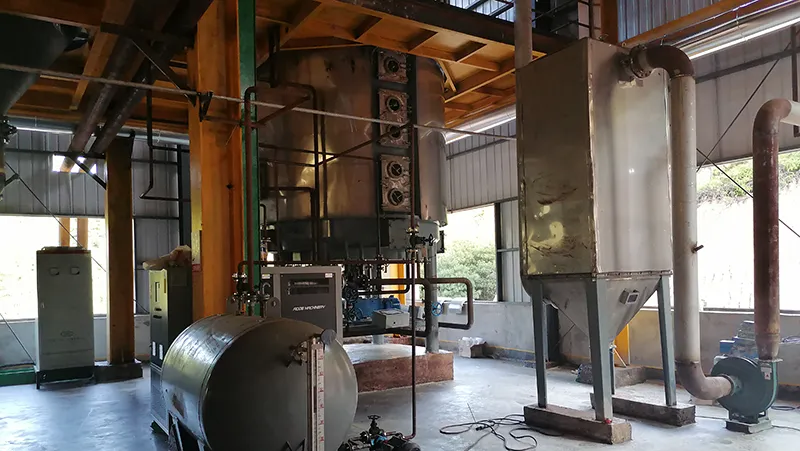Industrial Evaporation Solutions
Lithium Sulfate Evaporation and Concentration System
We provide industrial evaporation solutions for producing purification solution containing about 20% of lithium sulfate (Li₂SO₄)
Industrial Evaporation Solutions
Lithium Sulfate Evaporation and Concentration System
We provide industrial evaporation solutions for producing purification solution containing about 20% of lithium sulfate (Li₂SO₄)
In lithium extraction processes based on the sulfuric acid method, lithium-bearing ores typically go through grinding, phase transformation roasting, acid digestion, leaching, purification, and filtration. These steps result in a relatively pure but dilute lithium sulfate (Li₂SO₄) solution. This evaporation solution is used as an intermediate for producing lithium chloride, lithium hydroxide, or lithium carbonate.
To reduce energy and material consumption in these downstream processes, the dilute lithium sulfate solution must first be concentrated. This is typically achieved by evaporating the solution until it reaches a concentration of approximately 20%, improving the overall efficiency of subsequent conversion stages.
| Temperature (°C) | 0 | 10 | 20 | 30 | 40 | 50 | 60 | 70 | 80 | 90 | 100 |
| Solubility (g/100g H₂O) | 36 | 35.4 | 34.7 | 34.1 | 33.6 | 33.1 | 32.7 | 32.2 | 31.7 | 31.2 | 30.9 |
Lithium sulfate solution is an intermediate used in the sulfuric acid-based extraction of lithium salts such as lithium carbonate, lithium hydroxide monohydrate, and lithium chloride. In industrial settings, the lithium sulfate leachate produced in the upstream process is typically low in concentration. To reduce energy consumption in downstream lithium salt production and improve lithium recovery, the lithium sulfate solution is generally concentrated by evaporation.
The target concentration is usually kept below saturation. After calcium and magnesium are removed using ion exchange resins, the risk of crystallization during concentration is low, making the process more stable and predictable. When selecting an evaporation method, factors such as operating cost, capital investment, and cleaning frequency of heat exchangers must be considered. Falling film and natural circulation evaporators are often preferred due to their high evaporation rate, strong heat transfer efficiency, and low energy consumption. Depending on local electricity and steam prices, the evaporation system may use an MVR (mechanical vapor recompression) evaporator or a multi-effect configuration such as a three-effect or four-effect evaporator. The evaporation system is configured based on the specific composition of the purified lithium sulfate solution.
-
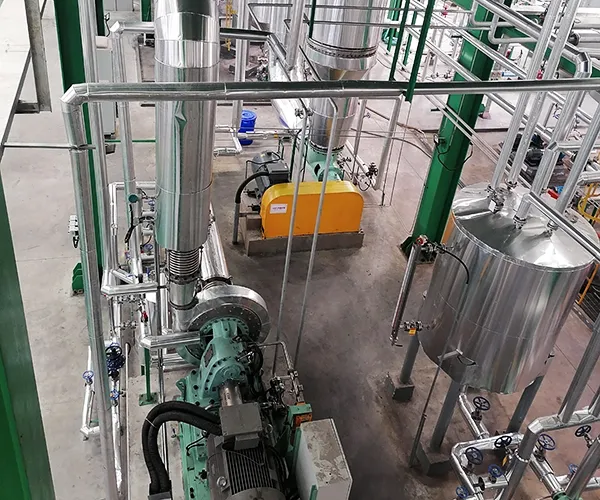
- MVR Evaporator
- Evaporation capacity 500kg/h-60t/h
- Evaporation temperature 40-100℃
From dryers and evaporators to crystallizers and turnkey systems, our team is ready to help you move forward with the right solution.
- Email: 13933883976@163.com
We provide advanced evaporation and crystallization systems designed for efficient separation, purification, and recovery of valuable compounds in lithium battery material processing and recycling. Evaporation crystallization is a widely used chemical separation technique that relies on the difference in solubility of substances at varying temperatures.
-
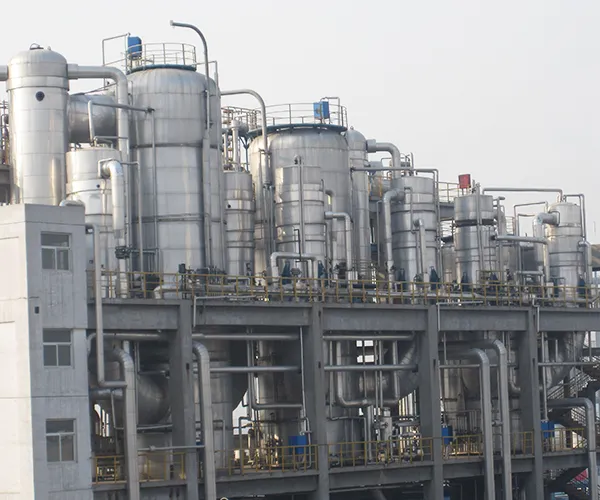
- Rising Film Evaporator The rising film evaporator is designed for high-throughput evaporation and efficient heat transfer by utilizing the rapid upward flow of liquid and vapor within vertical heating tubes.
-
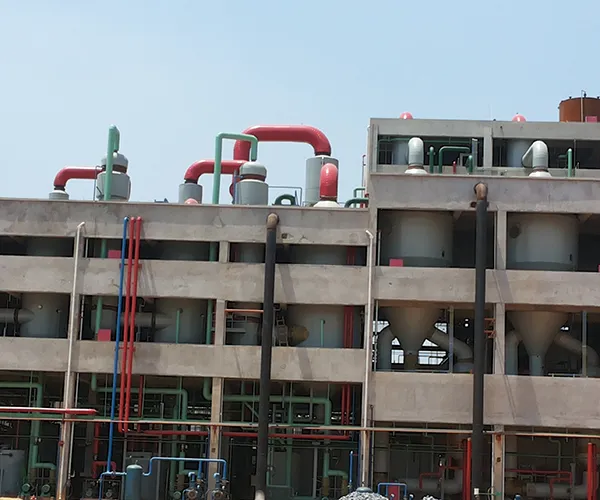
- Falling Film Evaporator The falling film evaporator is a high-efficiency, non-circulating evaporator designed for the gentle and continuous evaporation of liquids.
-
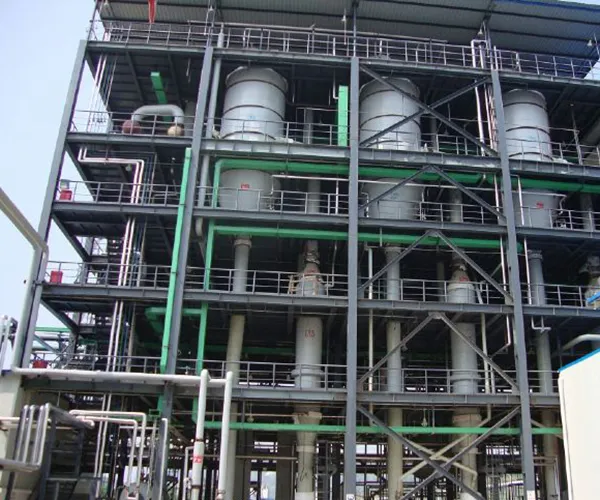
- Forced Circulation Evaporator The forced circulation evaporator is designed to enhance the flow velocity of liquid solutions by using an external circulation pump, ensuring efficient heat transfer and minimizing fouling or scaling.
-
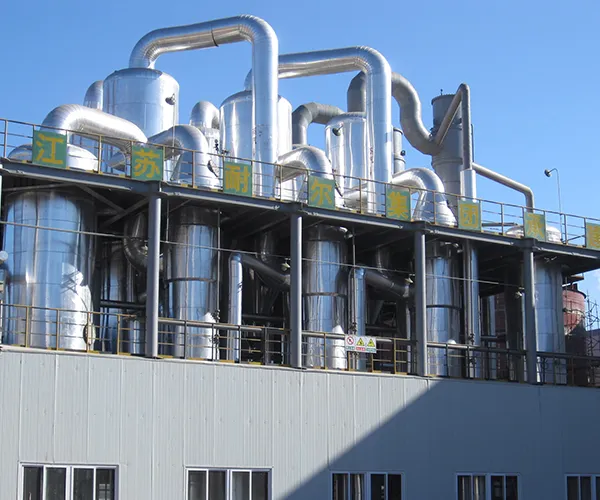
- Natural Circulation Evaporator The natural circulation evaporator relies on density differences in the liquid to drive circulation, without the use of external pumps.
-
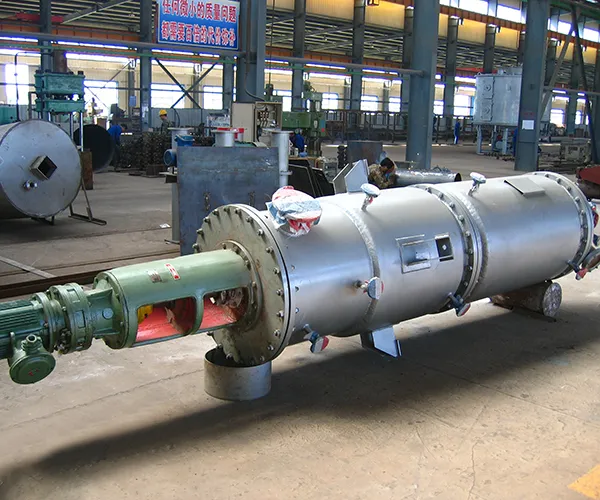
- Wiped Film Evaporator This design enables rapid evaporation or distillation, even for heat-sensitive, viscous, or fouling-prone materials.

